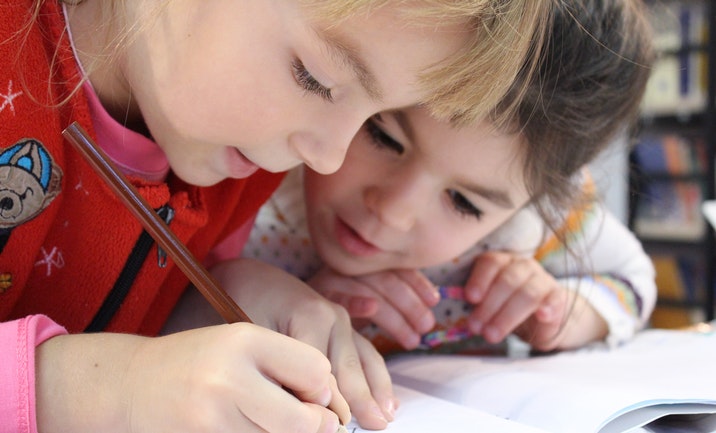Dyslexia is a kind of learning disability involving issues with spelling, writing, reading and comprehending. It doesn’t negatively affect the intelligence of the person but adds difficulties in completing tasks, which are easy to do. Dyslexia can be identified or tested among children.
Parents get alarmed when they find their children struggling in reading, writing and spelling normal words, which is relatively easier at a certain age. But trust us, it is nothing you should be worried out if your child is suffering from Dyslexia.
Here are six key steps you should consider taking if you think your child has Dyslexia:
Getting Professional Help
Probably, the first thing you’ll do is get a professional’s help. Involving a professional is perhaps the best way to go when you find yourself clueless. Hiring a professional often gives parents the assurance that your child’s health is in safe hands.
A professional is also a reliable choice because all other causes will be ruled out, and the diagnosis will be carried out to make sure the child can be better accommodated at school and other places.
Help your child read
It is important to get professional help, but nothing can be compared to the love and nurture a child receives from the parent. Remember, all kids are unique, and therefore they all learn in different ways. All children have their weaknesses and strengths. There is no one perfect recipe that you can follow. All we can say is give your child support and love in overcoming his learning disability.
- Reading helps a child a lot in overcoming Dyslexia, and there are many ways in which you can make this a regular practice.
- Listen to audiobooks with your child. We understand you might have a hectic schedule all day, but your child needs you too.
- Creating a habit in your child in reading out loud and quietly both.
- Your child might have a favorite book. No matter how boring it may be, but it is going to help if you re-read the book with your child.
- Communicate more and talk about stories, when you read with your child, they feel supported. There is a chance it could lead to intriguing questions such as “What happens next?”
- Buy your kid some graphics novel or a comic book maybe. It can get your child excited and interested in being more and more motivated.
Make learning Playful
When learning involves a bit of fun, kids get motivated automatically. Here are some ideas that can help you make learning more fun.
- You can make poems, dances, and songs to help your child learn better
- Play games related to word making
- Use nursery rhymes if your child is younger
Assist in school work
Helping your child with your homework can be a major morale boost. You can use several tools that are available online and are downloadable on smartphone and tablets, which can help your child cope up in their studies. There are text-to-speech and spell check applications that can help you track your child’s academic progress.
Emotional Support
This is one of the biggest challenges faced by parents whose child is suffering from Dyslexia. It is more likely that your child is going to feel isolated and different from other students. Dyslexia can affect the mentality of your child, and therefore it is your responsibility as a parent to provide sufficient emotional support for him possible.
Reading and learning all the time can be exhausting for both you and your child. Another important element is, you don’t want to define your child by Dyslexia. It is time you show your kid that he s smart, skilled and very special.
Celebrate small achievements and don’t expect perfection
Children suffering from Dyslexia often get disappointed letting down their parents and not being able to get high grades. Your child needs to know you support him and celebrate every single achievement, no matter how big or small it may be.
Don’t expect perfection from your child, even the best students aren’t perfect. Let your child know that these challenges are temporary and you’ll work through it together.

